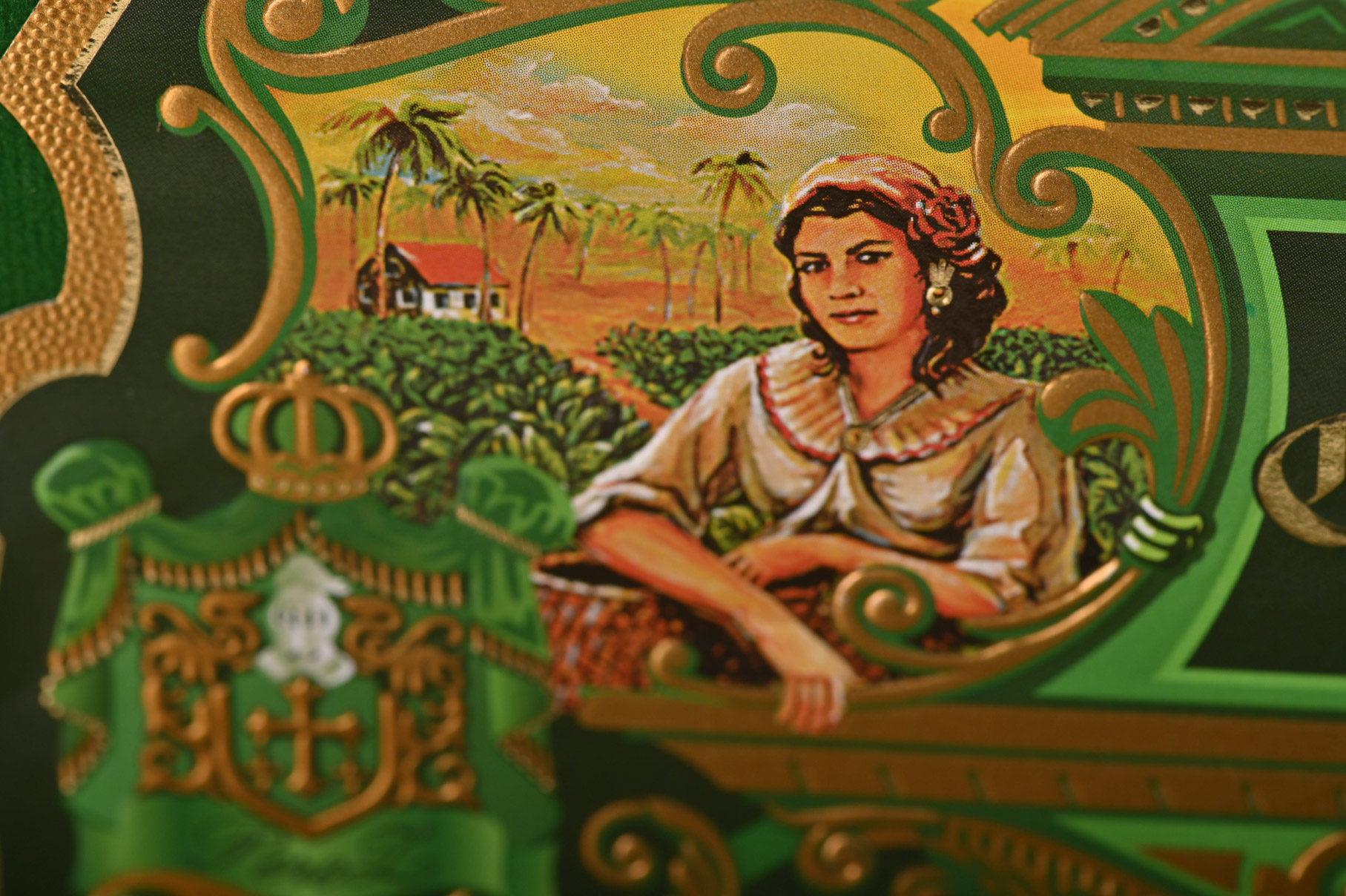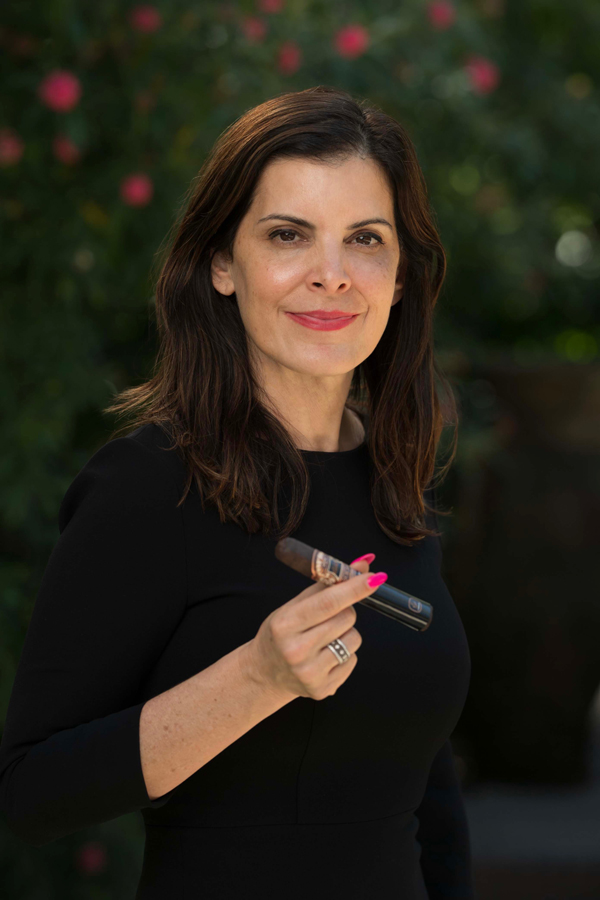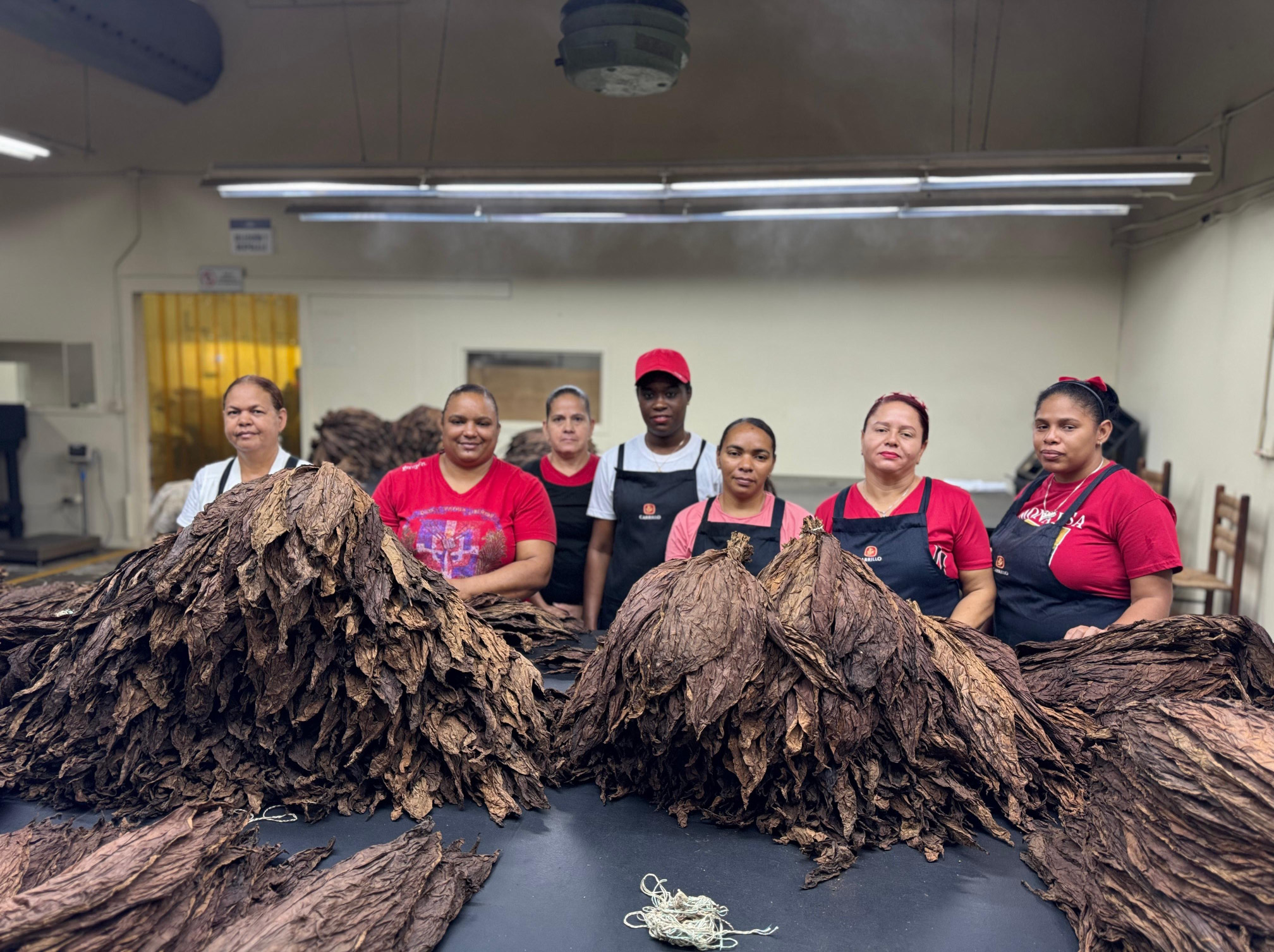OVERVIEW
Women have played vital roles in the cigar industry, from farming and quality control to breaking gender barriers as cigar rollers and consumers. Figures like Felicia Roque, who helped sustain the Perez-Carrillo family business, and María Sierra, a renowned torcedora, highlight their contributions. Women like Amelia López challenged norms by smoking cigars publicly, and leaders such as Lissette Perez-Carrillo continue to shape the industry’s future, making it more inclusive and dynamic.

Women in Tobacco: Backbone of the Industry
For centuries, women have been involved in the cultivation of tobacco, working side by side with men in the fields. While men may have handled the more physically demanding tasks, women played a crucial role in sorting and selecting the leaves—an essential part of ensuring quality. Their meticulous attention to detail was critical for maintaining the high standards needed to produce premium cigars.
One such example is Felicia Roque, the mother of Ernesto Perez-Carrillo. Not only did she grow up in a tobacco farm of Pinar del Rio, she also worked behind the scenes in the family’s cigar factory in Little Havana, Miami, during a time when the business struggled. She used her earnings as a seamstress to keep the business afloat and pay the workers when the factory’s finances were tight. Without her support, the Perez-Carrillo family may never have established what would later become the award-winning brand E.P. Carrillo is now.
Women as Cigar Rollers (Torcedoras): The Masters of Precision
Cigar rolling, historically a male-dominated field, eventually opened up to women, who proved their exceptional skill in this craft. Female cigar rollers, or torcedoras, became renowned for their precision and artistry, contributing significantly to the production of premium cigars.
A prime example of this is María Sierra, Cuba’s first female torcedora to gain widespread recognition. She began her career at the prestigious El Laguito factory in Havana, where she mastered the art of cigar rolling. María’s precision and dedication to the craft earned her international acclaim, and she is remembered today as one of the most skilled rollers in the history of Cuban cigars. Her work inspired many women to follow in her footsteps, helping to break the gender barriers in the industry (TG Cigar).


Women as Consumers: Challenging Societal Norms
For much of history, cigar smoking was considered a male pastime, associated with wealth, power, and status. However, women have been smoking cigars for longer than most realize. In countries like Cuba, where cigars are deeply woven into the culture, some women defied societal expectations and openly enjoyed cigars, paving the way for future generations.
One such pioneer was Amelia López, a Cuban woman who boldly smoked cigars in public during the mid-20th century, at a time when this was considered highly unconventional for women. Her actions helped normalize female cigar smoking and contributed to the gradual cultural shift that made it more acceptable for women to enjoy cigars. Amelia’s story highlights how women have been pushing the boundaries of cigar culture for decades (TG Cigar).
Women in Cigar Marketing and Media: Leading the Charge
As more women began to embrace cigars as consumers, they also began to take on more significant roles in marketing and leadership within the industry. Women’s voices became increasingly influential, not just in shaping cigar culture but also in expanding the market to include a broader, more diverse audience.
One such influential figure is Lissette Perez-Carrillo, co-owner of E.P. Carrillo Cigars. Lissette has become a leader in the cigar industry, overseeing operations, legal affairs, and marketing for the brand. With her background in law and business, she has helped position E.P. Carrillo as one of the top premium cigar brands globally. Lissette’s role, as well as those of many women in the cigar industry, exemplifies how women continue to break barriers in the cigar world.

Conclusion
Honoring the Past, Leading the Future
Women have played crucial roles in every aspect of the cigar industry, from the fields to the factory floors and now as leaders and consumers. Whether it’s Felicia Perez-Carrillo’s behind-the-scenes work, María Sierra’s mastery as a torcedora, or Lissette Perez-Carrillo’s leadership in modern cigar marketing, women have shaped the industry in countless ways. As more women step into leadership roles, the future of cigars is set to be more inclusive and dynamic than ever.


